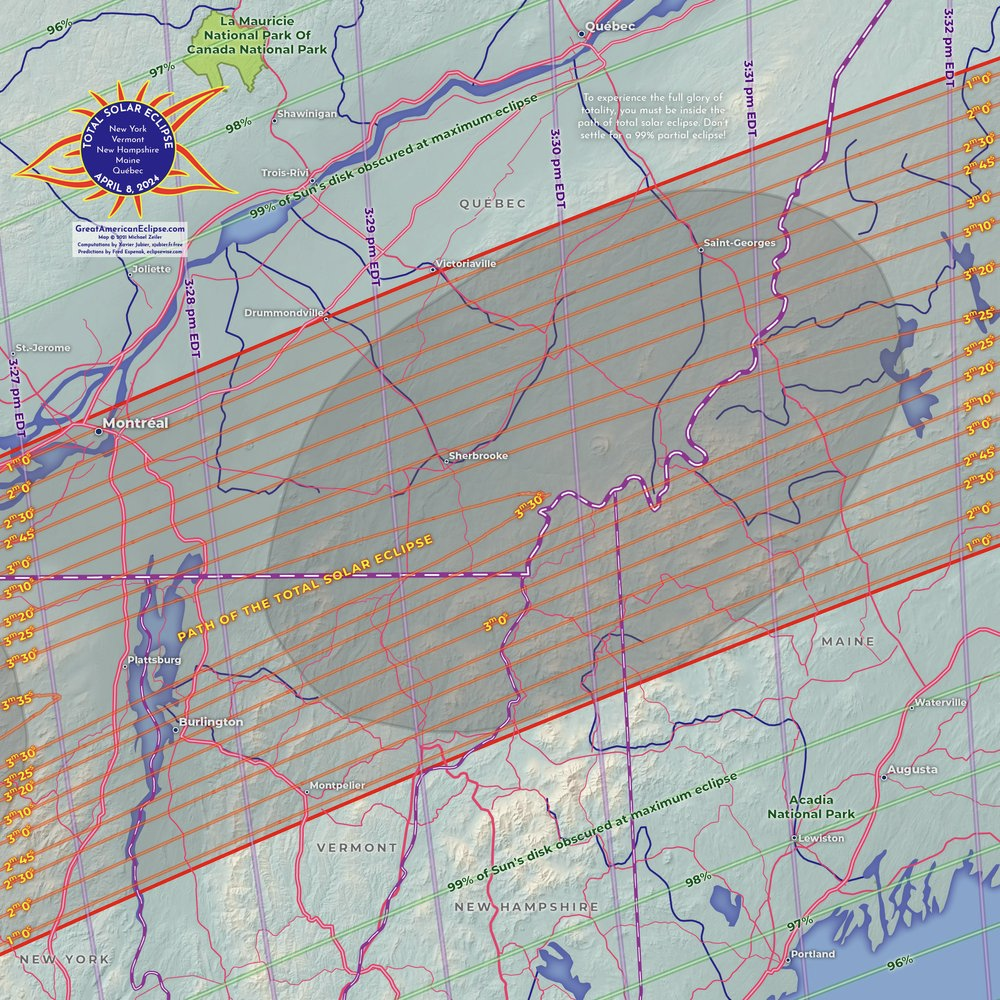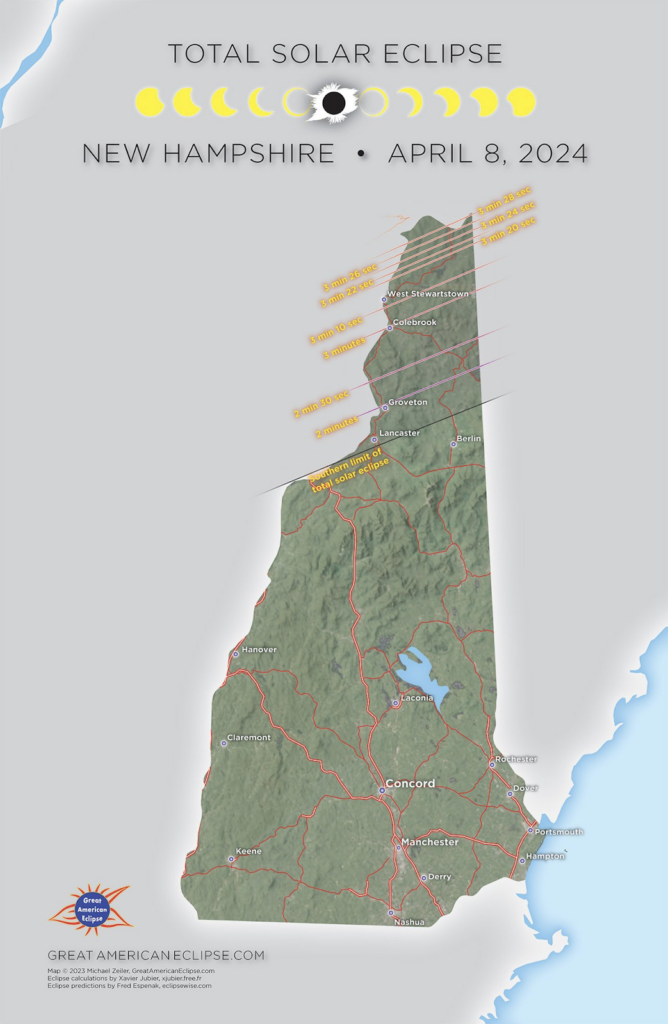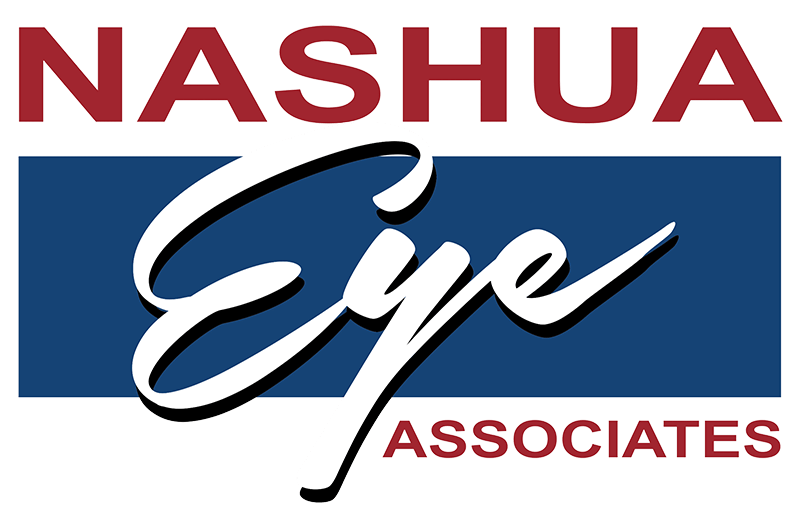Experience the Solar Eclipse Safely: Your Guide from Nashua Eye Associates
What is a Solar Eclipse?
A solar eclipse is an incredible natural event where the moon passes between Earth and the sun, temporarily blocking the sun’s light. It’s as if the moon is casting a shadow on Earth. This can happen only when the moon is in a specific position, directly between the sun and our planet. There are different types of solar eclipses: total, partial, annular, and hybrid. Each offers a unique experience, depending on where you are on Earth.
Total Solar Eclipse: A Rare Spectacle
We are lucky enough to be able to witness a total solar eclipse on April 8th, 2024. During a total solar eclipse, the moon completely covers the sun, turning day into twilight for a few moments. It’s a rare chance to see the sun’s atmosphere, called the corona, which is usually too faint to see against the bright solar disk. Enjoy it while it lasts! The next total solar eclipse in the United States will not be until August 23rd, 2044.
Partial and Annular Eclipses: Partially Hidden Sun
In a partial solar eclipse, the moon only covers part of the sun, creating a unique and changing sun shape in the sky. An annular eclipse happens when the moon is farther from Earth and doesn’t completely cover the sun, leaving a bright ring, or “annulus,” visible.
Hybrid Eclipses: Best of Both Worlds
A hybrid eclipse is a mix, appearing as a total eclipse in some places on Earth and an annular eclipse in others. It’s a fascinating phenomenon that showcases the intricate dance between Earth, the moon, and the sun.
Eye Safety During Solar Eclipses: Why It’s Crucial
Looking directly at the sun, especially during an eclipse, can cause permanent eye damage. The sun’s rays are incredibly powerful, and our eyes are not designed to handle that intensity. It’s essential to use proper eye protection to safely enjoy the eclipse.
The Danger to Your Eyes
The retina, the part of your eye that senses light, can be burned by the sun’s intense light, even during a total solar eclipse. This condition, known as solar retinopathy, occurs without pain because the retina does not have pain receptors. You will not know that damage is occurring until it is too late. Unfortunately, solar retinopathy is also often irreversible so prevention is key!
Proper Eclipse Glasses: Your Essential Tool
To watch an eclipse safely, you need eclipse glasses that meet the international standard ISO 12312-2. These glasses are specially designed to block the harmful parts of the sun’s rays, allowing you to view the eclipse without risking your vision.
Where Can I Buy Proper Eclipse Glasses?
Unfortunately, it is no longer sufficient to look for the International Organization for Standardization (ISO) logo on eclipse glasses and filters. The American Astronomical Society has provided a list of reputable vendors which carry the ISO 12312-2 certified glasses and the link is provided here: https://eclipse.aas.org/eye-safety/viewers-filters
Alternative Viewing Methods
While making a DIY method to view the eclipse can be a fun exercise, Nashua Eye Associates does not recommend building your own pinhole projector or other indirect viewing methods given the risk of not providing adequate eye protection. There are several live-stream options available to view the eclipse over TV/internet. We want to make sure you are enjoying the eclipse as safely as possible!
Finding the Path of Totality in New England: Where to Get the Best View
The path of totality is the narrow track across Earth’s surface where the total eclipse is visible. Maps of the path of totality within New England and New Hampshire are included below (courtesy of GreatAmericanEclipse.com). Being in this path is a unique experience, as you’ll see the complete transformation of the sun into a dark disk surrounded by a glowing halo.
Be sure to plan ahead, though. Traffic will be very unpredictable in Coos County, NH. The New Hampshire Department of Transportation is urging the people who visit Coos County to stay on state highways, rather than local roads given the risk of soft shoulders and frost heaves on the smaller roads not designed to handle large volumes of traffic.


Beyond the Eclipse: Long-Term Eye Care
An eclipse is a reminder of the beauty and power of nature, and it also highlights the importance of protecting our eyes. Regular eye check-ups and protecting your eyes from the sun’s UV rays are crucial for long-term eye health. Our eyecare professionals at Nashua Eye can ensure your eyes are in great shape and our large selection of prescription or non-prescription sunglasses can help you ensure you’re protecting your valuable vision!
Eye Health Tips: Keeping Your Vision Sharp
Regular eye exams help catch potential problems early. Wearing sunglasses with UV protection, taking breaks from screens, and maintaining a healthy diet are all ways to keep your eyes healthy.
Engage With Experts: Learn From Nashua Eye Associates
Our team is eager to share our knowledge and help you prepare for the eclipse. If you have any questions or concerns regarding eye safety and the upcoming eclipse, we’re here for you!
Conclusion: Embrace the Eclipse With Confidence
With the right preparation and knowledge, you can safely enjoy the solar eclipse of 2024. Let’s embrace this opportunity to witness the wonders of our universe, armed with the knowledge and tools to protect our precious gift of sight.




